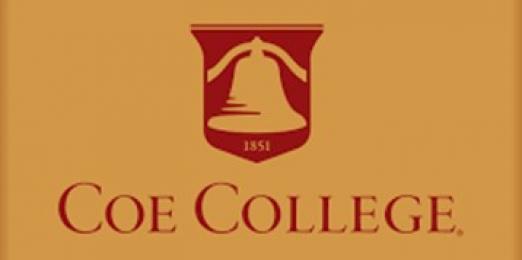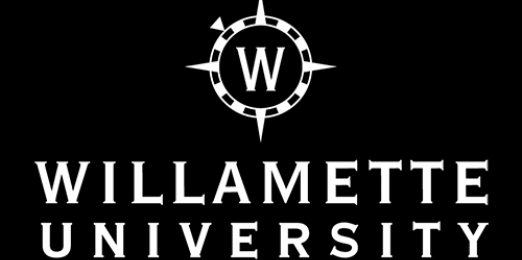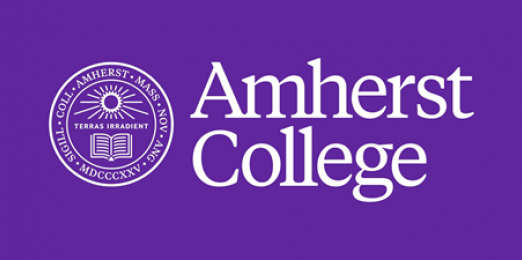Economics is a social science concerned with the production, distribution, and consumption of goods and services. It studies how individuals, businesses, governments, and nations make choices about how to allocate resources. Economics focuses on the actions of human beings, based on assumptions that humans act with rational behavior, seeking the most optimal level of benefit or utility. The building blocks of economics are the studies of labor and trade. Since there are many possible applications of human labor and many different ways to acquire resources, it is the task of economics to determine which methods yield the best results.
"We crafted the economics BS for students interested in graduate study in economics or a career where quantitative analysis plays a significant role. The strong quantitative component in this degree emphasizes multivariate calculus, linear algebra, and econometrics"
(Provided by: University of Minnesota)
"Economics students learn skills in analysis, quantitative reasoning, writing, and oral expression, and they develop proficiency in using technical economic tools."
(Provided by: Davidson University)
"In the study of economics, students learn to build, test, and revise models of behavior - of consumers, firms, workers and the government - and examine how these economic agents interact in markets, both at the individual level in microeconomic analysis and at the economy-wide level in macroeconomic analysis."
(Provided by: Kenyon College)
"The economics major teaches students about economic theory and the backbone of "the economic way of thinking." Once students have an understanding of the theory, they apply techniques to systematically assess private and social decisions. In addition to sharpening analytical skills, students refine their writing, research, and oral presentation skills."
(Provided By: Pepperdine University)
"The Bachelor of Science (BS) in Economics is designed for those who wish to enter government, legal, business, or teaching professions. Intellectually challenging, the economics degree offers sound training in economic theory and institutions, while fostering the ability to analyze the problems of business and society through modern quantitative methods."
(Provided by: Boston University)
"Among the topics studied in economics are the determination of prices and quantities in various types of markets (from perfectly competitive commodity markets to highly regulated utility markets and internet auctions); the effects of taxes, subsidies, and regulations; the determination of aggregate economic activity (e.g., GDP, unemployment); inflation, monetary policy, and financial intermediation; economic growth and income distribution; and international trade and international finance.."
(Provided by: The University of Pennsylvania)
"The Economics major combines scientific analysis with a historical and global perspective, providing a deeper understanding of the complex forces at work in the world. It also shines a light on values and perspectives, addressing concerns that lie at the heart of public policies. All of this prepares you to become a more effective, well-rounded citizen and professional."
(Provided By: Guilford College)











